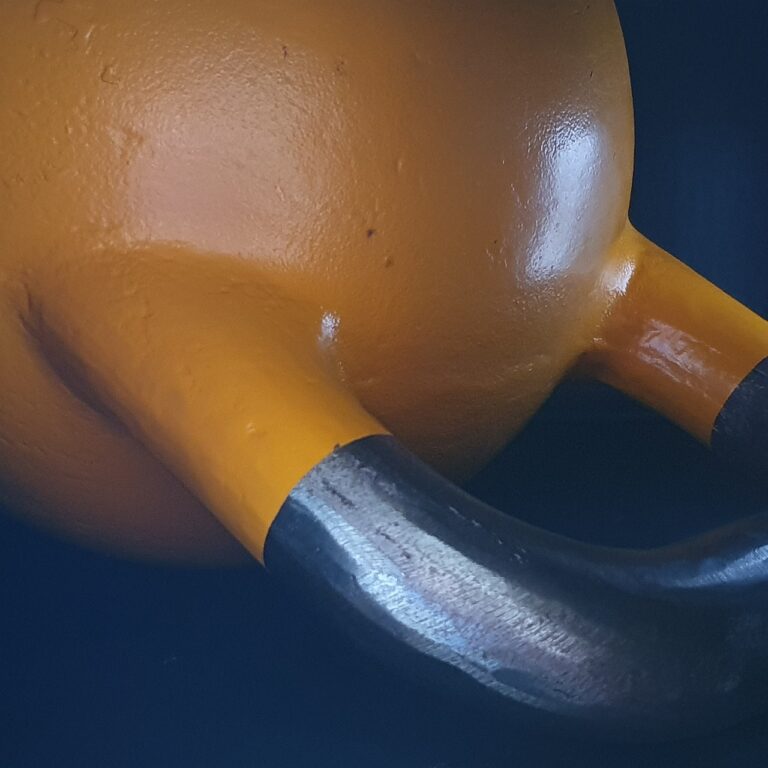The Impact of Childhood Trauma on Adult Health Outcomes
Childhood trauma is a pervasive issue that affects millions of individuals worldwide. It can take many forms, including physical abuse, emotional neglect, sexual abuse, and witnessing domestic violence. The impact of childhood trauma on adult health outcomes is a topic of growing interest in the fields of psychology, psychiatry, and public health. Research has shown that individuals who experience trauma during childhood are at an increased risk of developing a range of mental and physical health conditions later in life.
Effects of Childhood Trauma on Mental Health
One of the most significant effects of childhood trauma is its impact on mental health. Individuals who experience trauma during childhood are more likely to develop mental health disorders such as depression, anxiety, post-traumatic stress disorder (PTSD), and substance abuse. These individuals may also have difficulty forming healthy relationships, coping with stress, and regulating their emotions.
Effects of Childhood Trauma on Physical Health
In addition to its effects on mental health, childhood trauma can also have a profound impact on physical health. Research has shown that individuals who experience trauma during childhood are at an increased risk of developing chronic health conditions such as heart disease, diabetes, obesity, and autoimmune disorders. These individuals may also have a weakened immune system, making them more susceptible to infections and illnesses.
Biological Mechanisms
Scientists have begun to unravel the biological mechanisms underlying the link between childhood trauma and adult health outcomes. Chronic stress during childhood can dysregulate the body’s stress response system, leading to increased levels of stress hormones such as cortisol. These hormonal changes can contribute to inflammation, impaired immune function, and alterations in brain structure and function.
Intergenerational Transmission of Trauma
It is important to recognize that the impact of childhood trauma extends beyond the individual who experiences it. Research has shown that trauma can be passed down from one generation to the next through a phenomenon known as intergenerational transmission. The children of individuals who have experienced trauma are at an increased risk of experiencing trauma themselves, perpetuating the cycle of adversity and its effects on health.
Prevention and Intervention
While the effects of childhood trauma on adult health outcomes are significant, there are steps that can be taken to prevent and mitigate these effects. Early intervention is key, as providing support and resources to children who have experienced trauma can help reduce the long-term impact on their health. Therapy, support groups, and other forms of mental health treatment can also be effective in addressing the effects of childhood trauma.
Conclusion
Childhood trauma has a profound impact on adult health outcomes, affecting both mental and physical well-being. Understanding the link between childhood trauma and adult health outcomes is essential for developing effective interventions and strategies to prevent and mitigate the effects of trauma. By addressing the root causes of childhood trauma and providing support to those who have experienced it, we can help individuals lead healthier and happier lives.
FAQs
What are some common signs of childhood trauma?
Common signs of childhood trauma include recurring nightmares, flashbacks, difficulty sleeping, mood swings, and avoidance of certain places or situations.
How can childhood trauma affect relationships in adulthood?
Childhood trauma can affect relationships in adulthood by causing individuals to have difficulty forming and maintaining healthy relationships, trust issues, and difficulties with intimacy.
Is it possible to recover from childhood trauma?
Yes, it is possible to recover from childhood trauma with the right support and treatment. Therapy, support groups, and other forms of mental health treatment can be effective in helping individuals heal from trauma.
What can be done to prevent childhood trauma?
Preventing childhood trauma involves creating safe and supportive environments for children, providing education and resources to parents and caregivers, and addressing the root causes of trauma such as poverty, substance abuse, and domestic violence.







